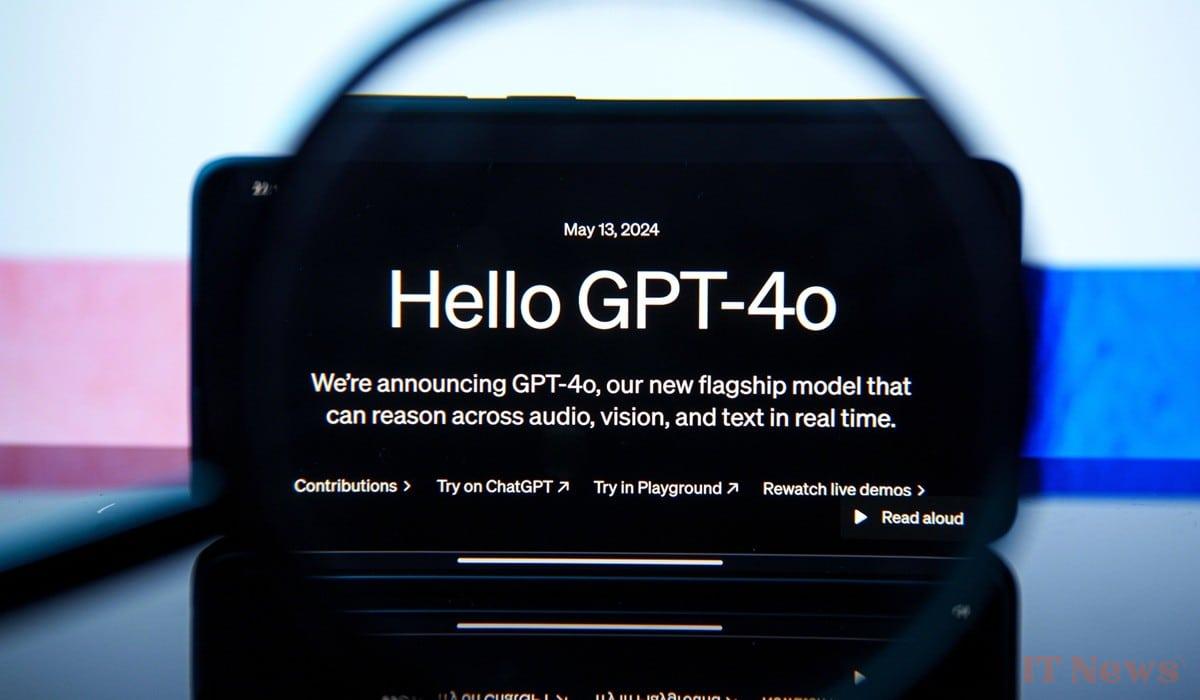OpenAI wasn't going to stay in Google's shadow, which made "Flash" image generation available to all Gemini 2.0 users. On Tuesday, March 25, Sam Altman, CEO of OpenAI, announced the biggest update in over a year to GPT-4o on image generation.
GPT-4o will replace DALL-E 3 and allow ChatGPT and Sora, OpenAI's Text-to-video AI, to generate and edit images and photos with more realistic rendering. Text generation capabilities have also been improved. Image generation is available for Plus, Pro, Team, and Free users. It is available by default in ChatGPT, and will soon be available for Enterprise and Edu users. It is also available in Sora.
Image and text generation has been improved thanks to supervision of AI training by real humans. They identified and pointed out poorly drawn hands and faces, typos, etc. This work was carried out on public data, but also on data from partnerships that OpenAI has established with various content publishers, such as Shutterstock and News Corp (Wall Street Journal, The Times).
On X, we can see that the first users are amazed by the quality of the images:
🚨 BREAKING: OpenAI just launched a new image generation model, fully built in to GPT-40 and Sora. And it’s the best I’ve seen.
I got early access. I’m going to tell you what you need to immediately test.
1) ask for a graphic or diagram
2) tweak until you like it
3) ask for it… pic.twitter.com/MbjG9I6LQV— Allie K. Miller (@alliekmiller) March 25, 2025
GPT-4o can now seamlessly generate images!
imo it could be a big step toward intuitive AI interactions
(Pictured: visual poetry + text rendering + photorealism) @OpenAI pic.twitter.com/8YHiWxXVdl
— Dian Ang Yap (@yapdianang) March 25, 2025
Generating text and images while respecting content producers, an impossible bet ?
In a context where The use of data to train AI is increasingly under scrutiny, with risks of lawsuits regarding the protection of copyright and intellectual property, this collaboration between the AI world and content producers becomes essential.
"We respect the rights of artists on how we manage our output data. We have implemented policies to prevent the generation of images that directly replicate the work of living artists," Brad Lightcap, OpenAI's chief operating officer, told the Wall Street Journal. Well, the dead are no longer here to see.
This policy translates notably into the ability of creators to request the removal of their work from OpenAI databases, as well as the possibility of requesting the exclusion of web-scraping bots from a website.
These issues of data accessibility and remuneration of content producers in AI training are far from new. They have already led to the emergence of specialized players like Linkup, a French startup that positions itself as an intermediary between AI developers and content producers. It offers a search engine dedicated to major language models, powered by verified and paid sources.



0 Comments